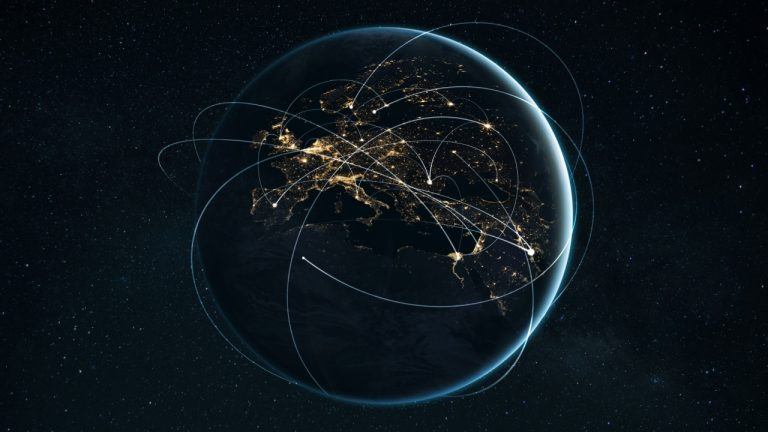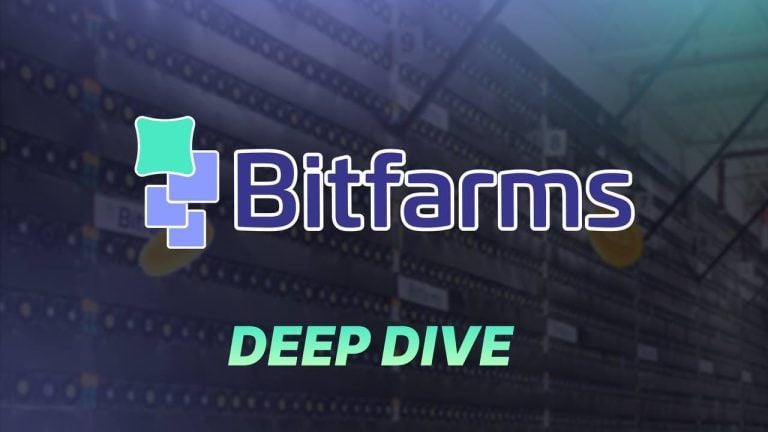OpenAI has turned ChatGPT from a smart but static AI assistant into a live web-search engine, officially closing a key competitive gap with AI-enabled tools like Microsoft Copilot and Google Gemini. But make no mistake, this isn’t just another update in a crowded AI race—it’s potentially game-changing.
A Google Killer?Previously, ChatGPT had an information cutoff between 2021 and 2023, depending on the model, making it decent but a step behind for real-time information. Now, thanks to a strategic blend of search technologies (with Bing among them), OpenAI has built a fine-tuned GPT-4o model that can fetch fresh web results on demand. This turns ChatGPT into an AI-powered knowledge engine that feels less like a chatbot and more like a supercharged, contextual Google-killer. And it’s an elegantly integrated experience: rather than a separate search product, web search flows seamlessly within ChatGPT’s existing interface. If a question requires it, ChatGPT will automatically pull from the web, and users can still manually trigger a search.
Why does this matter? Because traditional search engines—especially Google—have devolved into chaotic jungles of ads, SEO hacks, and, ironically, AI-generated junk. Search on Google has become a battlefield where genuine information fights to rise above commercial noise and clickbait. ChatGPT’s search doesn’t suffer this; it offers responses with transparent source links and detailed citations that can even appear in a convenient sidebar. This clarity alone could make ChatGPT a favorite for anyone tired of Google’s ad-laden results.
Source: Open AI
And OpenAI’s partnerships with major media players—Vox Media, Condé Nast, and Reuters, among others—are helping it navigate copyright waters. Unlike other AI startups getting hit with lawsuits for “scraping,” OpenAI has built a coalition of content providers willing to see their content integrated into ChatGPT’s responses. For publishers, this collaboration brings visibility without the resentment of copyright infringement, positioning OpenAI’s ChatGPT as an innovator who cares about publishers rather than cannibalizing them.
In practical terms, this means more polished results. Consider a quick query like “What’s Apple’s latest stock news?” In a pre-launch demo, ChatGPT showed an interactive stock graph, links to news articles, and upcoming earnings dates—comparable to Google Finance, but cleaner. For more local queries, like “good Italian restaurants in San Francisco,” ChatGPT delivered a map with pinned recommendations and an option to refine to “more casual, neighborhood-y” spots. This is a search engine that not only finds information but packages it up in a way that respects user preferences.
“No plans” For AdsYet, there’s a big question mark. For now, OpenAI says there are “no plans” for ads, a refreshing stance that’s rare in an industry where user experience often bows to revenue. However, AI-powered search is more expensive to operate than traditional search, so OpenAI will eventually face financial decisions about how to keep the lights on. The tension between a clean, ad-free search and the need for funding is something they’ll need to reconcile as they expand this feature to all users, including free users, who will see some limits on usage.
Beyond its obvious benefits, the timing of this launch adds an intriguing layer. With the U.S. election looming, there’s no shortage of anticipation (and concern) about how AI can shape the narrative. OpenAI’s team has said it’s focused on surfacing “authoritative sources” for politically sensitive topics like elections. That’s a tall order, especially given the mistakes we’ve seen in AI-driven search, like Google’s infamous recommendation to glue pizza toppings. OpenAI’s approach here is cautious, but when it inevitably does falter, transparency will be the crutch that helps it regain user trust.
The competitive landscape isn’t forgiving. Meta’s working on its own AI search tool, and the field is buzzing with upstarts like Perplexity, an AI-powered search tool taking a shot at Google but already tangled in copyright suits from major media players. While OpenAI’s partnerships with publishers may help mitigate similar issues, the potential for preferential treatment of content from these partners looms large. OpenAI’s leadership hasn’t given a clear answer on whether partner content will be prioritized, though it’s logical to assume some concessions might come into play.
In the meantime, we get to enjoy a search experience that, for once, feels designed for users, not advertisers. Will ChatGPT’s search functionality ultimately replace Google for everything? Probably not—especially for those who depend on the vast depth of Google’s data. But for the average user, ChatGPT is rapidly becoming a compelling alternative, proving there’s life beyond the traditional search engines, and it might be time to break up with Google.















